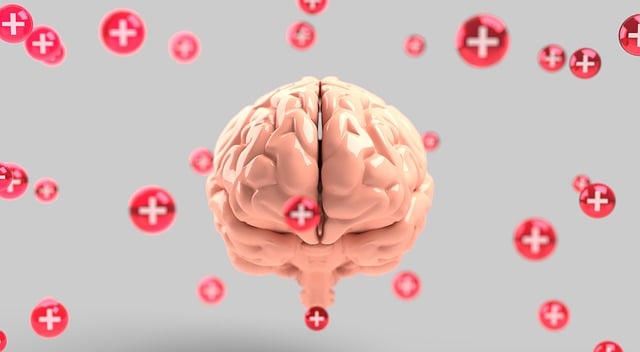In Denver Alcohol Abuse Therapy settings, creating a safe, supportive environment is crucial for effective mental wellness group facilitation. This involves setting clear boundaries, encouraging active listening, empathy, and open dialogue, ensuring confidentiality, and fostering non-judgmental attitudes to build trust and reduce stigma. Techniques like collaborative ground rule establishment and promoting self-care empower individuals to manage their mental health. A warm atmosphere encourages open communication, belonging, and positive changes in well-being, aligning with Denver Alcohol Abuse Therapy principles.
In the pursuit of holistic mental wellness, group facilitation plays a pivotal role in fostering support networks and promoting healing. This article explores effective techniques for facilitating mental health support groups in Denver, focusing on creating safe spaces, enhancing communication, and nurturing growth. From establishing welcoming environments to employing engaging strategies and leveraging group dynamics, these methods empower individuals on their journey towards recovery, offering a beacon of hope in navigating Denver alcohol abuse therapy.
- Establishing a Safe and Supportive Environment
- – Creating a welcoming atmosphere for group members
- – Setting ground rules and expectations for participation
Establishing a Safe and Supportive Environment

Creating a safe and supportive environment is a cornerstone for effective mental wellness group facilitation. This involves fostering an atmosphere where every participant feels seen, heard, and respected. As a facilitator in Denver Alcohol Abuse Therapy settings, it’s crucial to encourage active listening and empathy among group members, ensuring no one feels judged or isolated. Techniques like setting clear boundaries, establishing ground rules collaboratively, and promoting open dialogue can help build trust and create a safe space for sharing personal experiences.
Incorporating self-care practices within the group setting is another powerful strategy. By integrating activities that promote anxiety relief and mental illness stigma reduction efforts, facilitators empower individuals to take care of their well-being. This not only enhances the overall therapeutic experience but also encourages participants to develop tools they can use outside the group, fostering resilience and self-reliance in managing their mental health journey.
– Creating a welcoming atmosphere for group members

In facilitating a mental wellness group, cultivating a warm and inviting atmosphere is paramount to encourage open communication and foster a sense of belonging among members. This starts with creating a safe space where everyone feels respected and understood. Facilitators in Denver Alcohol Abuse Therapy can achieve this by setting clear expectations for confidentiality, active listening, and non-judgmental attitudes from the outset. Using inclusive language and ensuring diverse perspectives are valued helps break down barriers, especially when addressing sensitive topics related to mental illness.
Effective group facilitation involves employing communication strategies that promote active engagement. Encouraging participants to share their experiences and insights through open dialogue not only enhances understanding but also boosts confidence. By facilitating these conversations, facilitators contribute to crucial mental illness stigma reduction efforts, creating an environment where members feel empowered to support one another. This supportive dynamic can significantly impact the overall well-being of group members, potentially leading to lasting positive changes in their lives.
– Setting ground rules and expectations for participation

Effective mental wellness group facilitation begins with establishing a safe and supportive environment. One crucial aspect is setting clear ground rules and expectations for participation. This involves defining the purpose and boundaries of the group, ensuring confidentiality, and encouraging active yet respectful engagement from all members. By doing so, facilitators create a structured yet nurturing atmosphere that fosters trust and openness, essential elements for meaningful discussions and emotional well-being promotion techniques.
In line with Denver Alcohol Abuse Therapy principles and best practices, facilitators should emphasize the importance of active listening, empathy, and non-judgmental attitudes. These techniques, combined with community outreach program implementation and public awareness campaigns development, can significantly enhance group dynamics. Clear expectations regarding punctuality, attendance, and mutual respect not only maintain order but also contribute to a positive group experience, ultimately supporting participants’ journeys toward better mental health.
Effective mental wellness group facilitation in Denver Alcohol Abuse Therapy centers heavily on creating a safe, supportive environment. By fostering a welcoming atmosphere and establishing clear ground rules, facilitators can ensure every member feels comfortable participating. This structured yet nurturing space encourages open dialogue, fosters trust, and promotes healing—essential elements for successful group therapy sessions.














